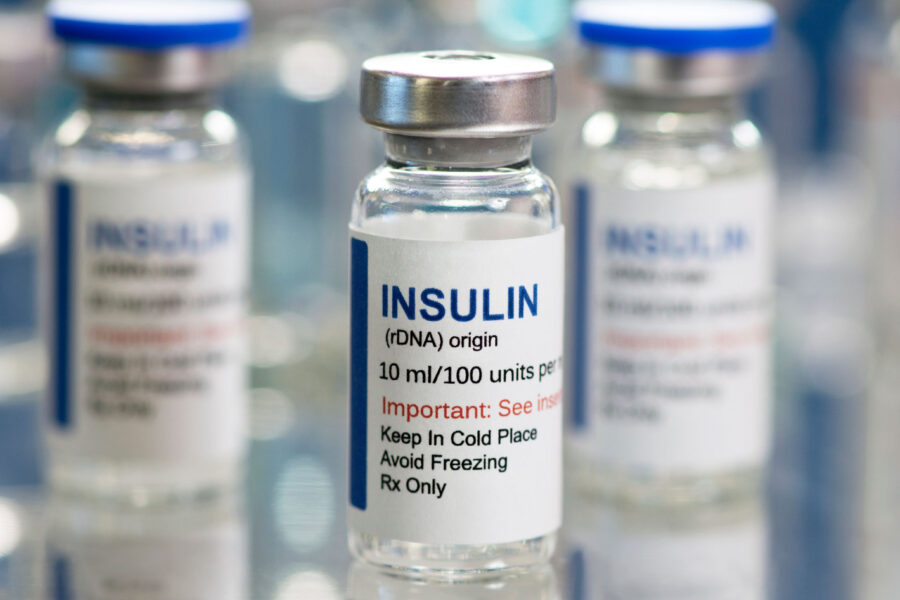“Medicare Autumn” Fact Sheet: The Inflation Reduction Act Has Lowered the Cost of Insulin for Millions of Seniors

Thanks to the Inflation Reduction Act, Medicare is better than ever and seniors will pay…
ashoupOctober 30, 2023




